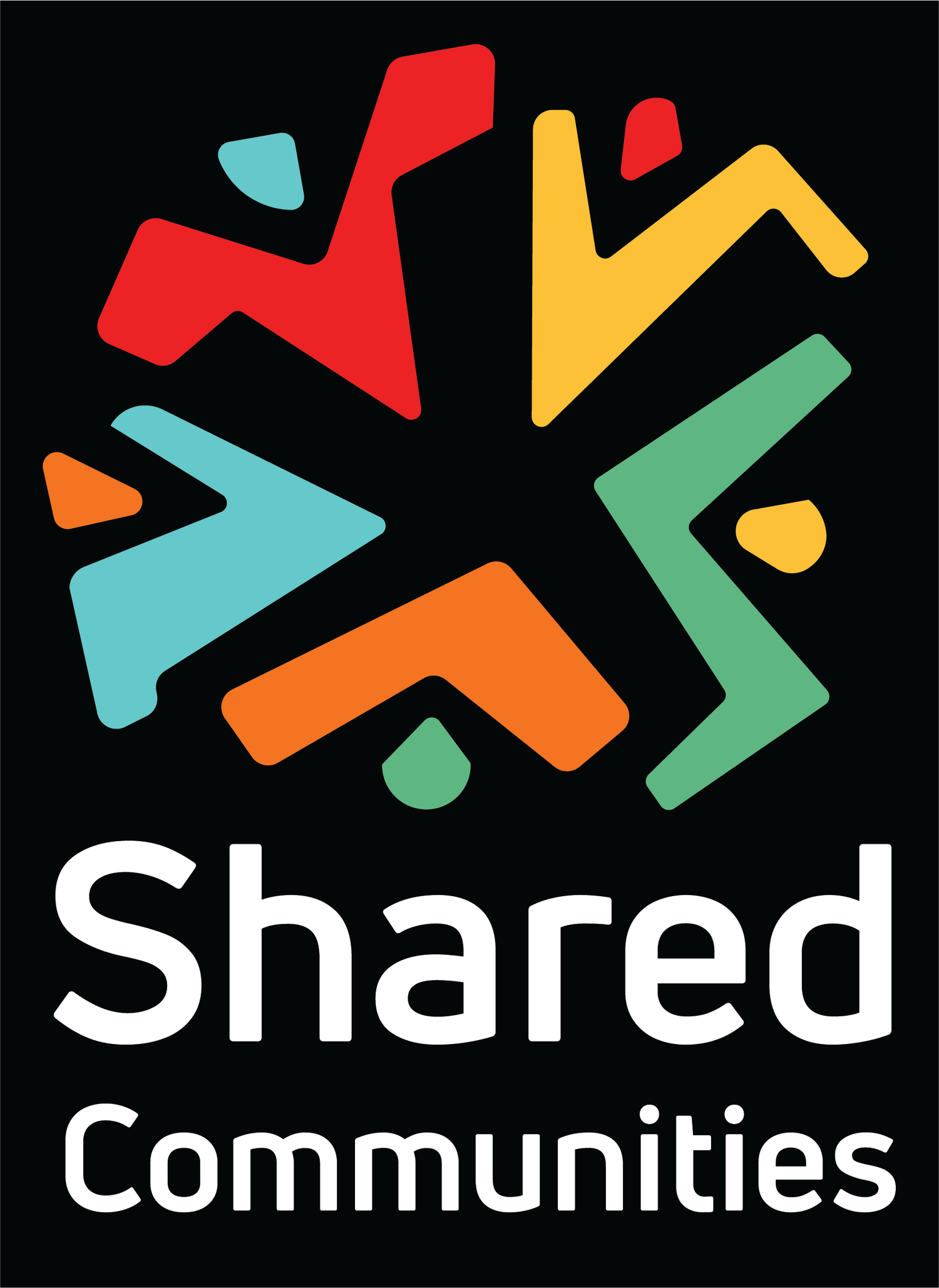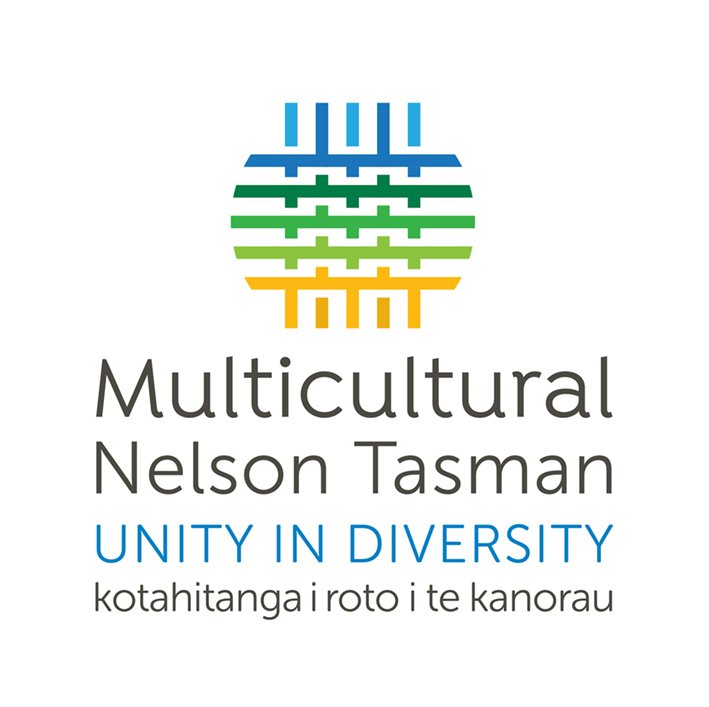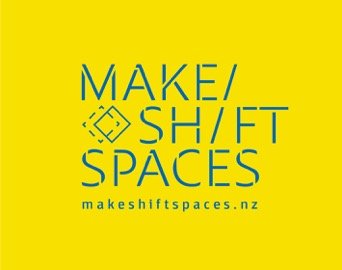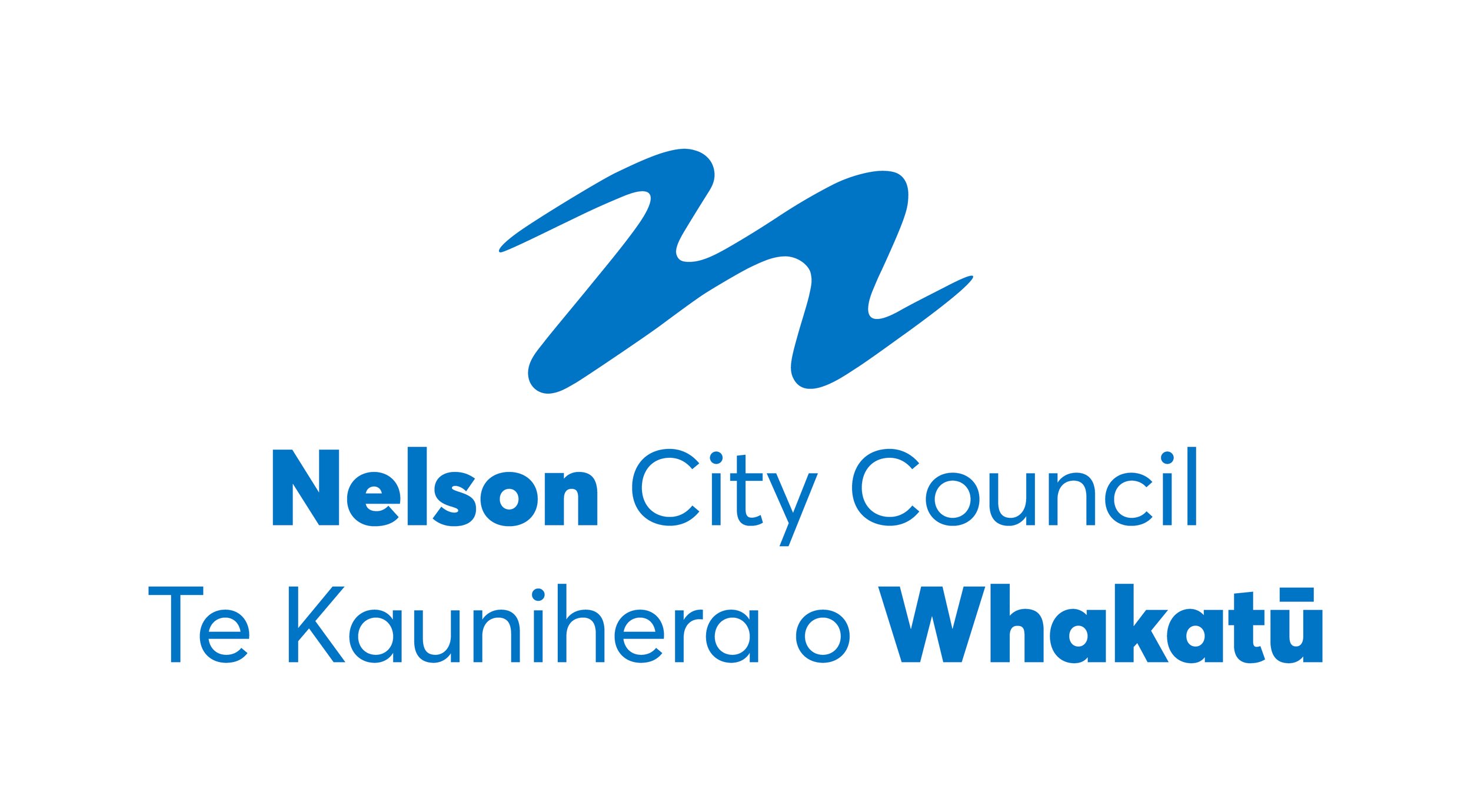Arts, culture & heritage
Projects for, by & with the migrant communities
of Whakatū Nelson
Kia ora | Hello
Mauri | Fakaalofa lahi atu | Guten tag | Talofa | Kia Orana | नमस्ते
Mālō e lelei | ہیلو | བཀྲ་ཤིས་བདེ་ལེགས | ၸၤဝ်ႈၼႃၵူၼီ | Xin chào | សួស្តី | สวัสดี | 안녕하세요 Ciao | Bonjour | ¡Hola! | Привет | | Olá | හෙලෝ | Helo | Grüezi | Hej Helló | Cześć | Halo | مرحباً | Γειά σας | Merhaba | سلام | Aloha Fakaalofa lahi atu | Bula | こんにちは | 你好 | হ্যালো | Hujambo | Selamat sejahtera | Привіт | Salut | Kumusta | Hallo | Talofa
Stage One Summary
The first stage of the Shared Communities Initiative (SCI) in Whakatū Nelson ran from September 2023 to July 2024. It focused on celebrating diversity and bringing together migrants, former refugees, and the wider community through arts, culture, and heritage projects. Overall, it was a success—connecting different communities, creating meaningful projects, and setting the stage for future collaboration in Whakatū Nelson’s multicultural scene.
Key aspects of this stage included:
Purpose and Impact:
The initiative focused on inclusion, access, and participation in the arts, culture, and heritage ecosystem, fostering community leadership and enhancing the well-being of migrant and former refugee communities.
Funding and Support:
The Consortium secured funding from Manatū Taonga Ministry for Culture and Heritage's Cultural Sector Regeneration Fund. Multicultural Nelson Tasman (MNT) acted as the employer of the Cultural Navigator and managed the fund.
Project Delivery:
A total of 64 community-led projects were delivered by 27 migrant and former refugee communities, including festivals, films, workshops, celebrations, exhibitions, and performances. These projects were hosted across various venues, from small-scale workshops to large public events.
Community Engagement:
The initiative reached nearly two-thirds of the ethnic communities in Whakatū Nelson, enhancing social cohesion and connection. The Cultural Navigator played a crucial role in building relationships and networks.
Workshops and Capacity Building:
Specific workshops, such as Cross-Cultural Awareness and Event Planning, were conducted to build capacity and capability within the communities.
Challenges and Limitations:
Limited availability of quantifiable data prior to the initiative and the short duration of the initial phase posed challenges. Continued financial support, volunteer commitment, and capacity for reporting remain essential for sustained impact.

Projects
In total, 64 community-led projects were supported. This translates to an average of six projects per month, showcasing a vibrant and active multicultural landscape in Whakatū Nelson.
The self-generated projects were notably diverse, reflecting the varied interests and cultural expressions of the communities. They include:
Projects were hosted across 26 different venues, ranging from private homes to community facilities, schools, cinemas, parks, and private event venues that familiarising communities with previously unknown venues around the city.
Projects varied in duration from few hours to 12 months, and beyond.
The Shared Communities Initiative (SCI) in Whakatū Nelson successfully engaged diverse migrant and former refugee communities delivering 64 community-led projects across various venues.
Key findings include:
Reaching Less Visible Communities: SCI reached nearly two-thirds of the ethnic communities in Whakatū Nelson, enhancing social cohesion and connection.
Funding Diverse Projects: Projects ranged from festivals, films, workshops, celebrations, exhibitions, and performances, showcasing a vibrant multicultural landscape.
Facilitating Community Leadership: 309 practitioners participated, empowering communities and enhancing well-being through self-initiated projects.
Improving Understanding and Empathy: Workshops increased awareness among arts, culture, and heritage sectors about barriers faced by migrant communities, fostering inclusivity.
Facilitating Multi-Way Connections: SCI connected community groups with service providers, enhancing collaboration and resource sharing.
Increasing Participation and Inclusion: Existing events like Multicultural Festival and Tasman Asian Night Food Fair saw increased participation due to SCI's support.
Addressing Barriers: Centralised support through the Cultural Navigator simplified access to information and funding, easing the pathway for project delivery.
Building Confidence: Self-initiated projects built community confidence, creating networks and connections.
Anchoring Well-Being: Projects focused on gathering, preserving cultural traditions, and providing experiences for younger members to learn their culture and history.
Supporting Large-Scale Events: SCI enabled significant cultural events like Diwali and Karenni National Day, attracting large audiences and fostering community pride.
Remaining Challenges: Continued financial support, volunteer commitment, capacity for reporting, and maintaining connections are essential for sustained impact.
Areas for Improvement: Capacity building, fostering networking, providing useful resources, and addressing storage challenges are identified for future development.
Overall, SCI enriched the cultural fabric of Whakatū Nelson, fostering social cohesion and inclusivity.
Voices of our Community
As a filmmaker my goal is to challenge the perception and the assumption that we as migrants, refugees, muslims and people of colour should just feel “happy to be here”. While people are incredibly grateful to come to countries like New Zealand, the emotional truth is more complicated than that. Growing up in Aotearoa, film and theater played a huge role in my life. It helped me adapt to a new country, learn a new language and make friends. It is the reason I chose the arts as a career.
— Ahmed Osman - Filmaker
Some communities want to protect their culture and their heritage, they want to integrate all generations into sharing knowledge and promoting those practices that identify them as a part of their ethnicity.
— Norma Sequera - Victory Community Centre | Te Puna Hauora o Wairepo
We recognise the importance of arts, culture and heritage to these communities, as highlighted in the Shared Communities Engagement Report August 2022. The ability for these communities to express their culture through the arts is fundamental to their wellbeing and development of a sense of belonging and identity in Aotearoa New Zealand.
Barbara Whitaker - Pathways to Settlement manager
New Zealand Red Cross
This application will continue to lead our minority communities to a place where we can be supported by a dedicated navigator who will guide our communities through the many barriers we face in sharing our culture and heritage within our own communities and the wider community.
— Daniel Hytongue - Fa'alapotopotoga Tagata Samoa
A particular mode through which they can improve their settlement journey and stave off isolation is by practising the art, culture and heritage of their homeland and bringing that beauty to share with their new community here in Nelson.
— Luke Scowcroft - Manager, English Language Partners Nelson
This fund will help our elder community members to do their arts and craft, and share those skills and knowledge with our young people. This helps prepare our young people so they can keep our culture for the future. We are also hopeful that other communities can hold their cultural events like we have.





